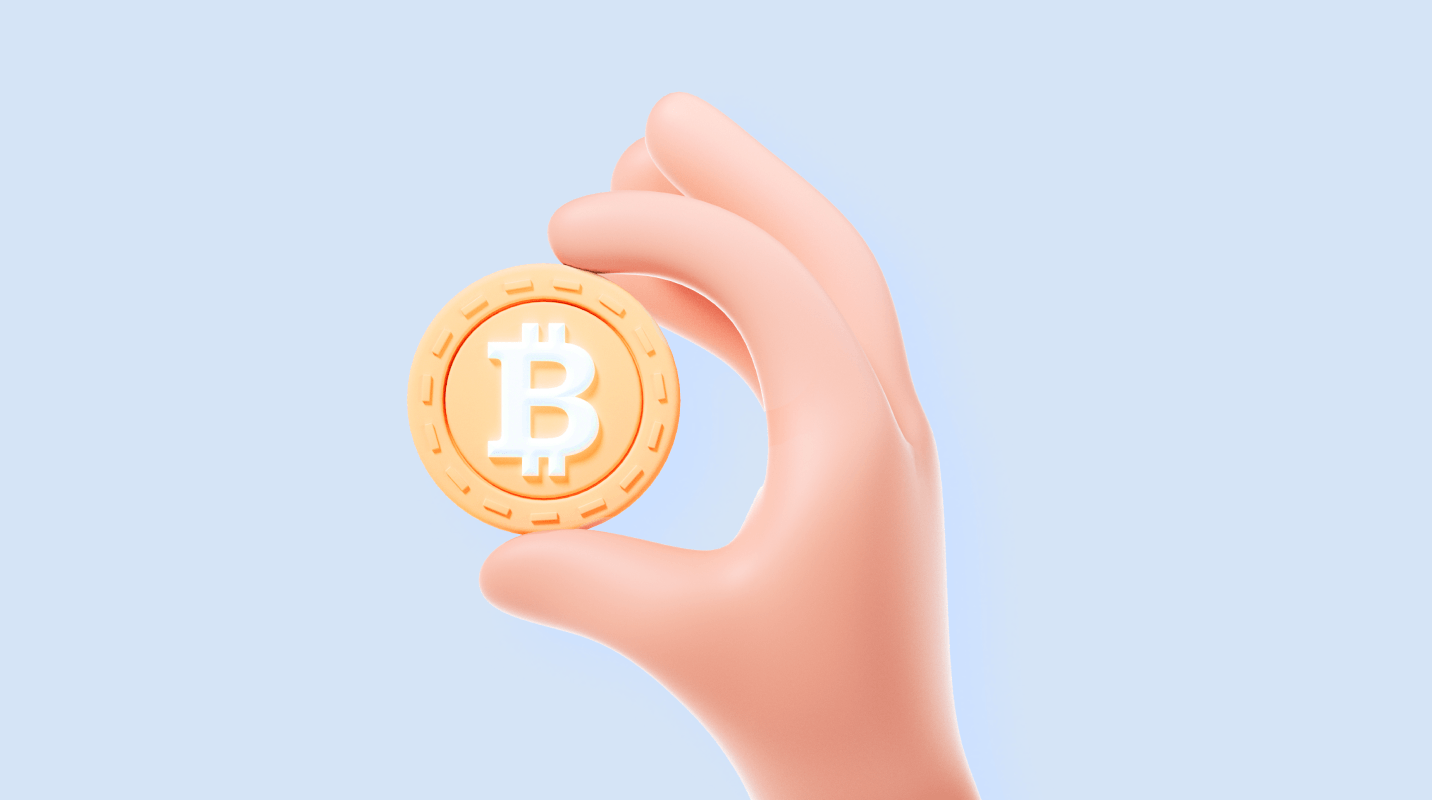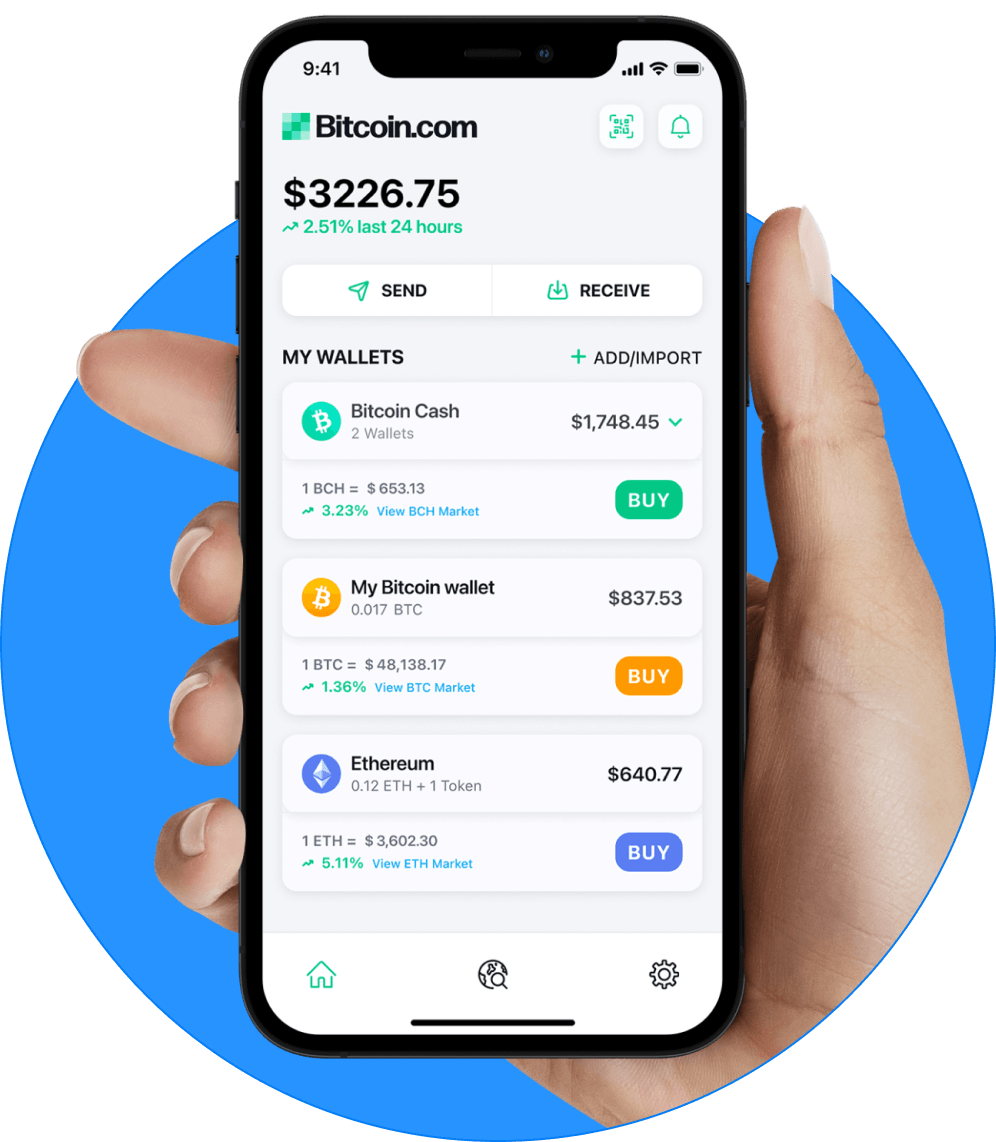
- Best Crypto ExchangesAlgorithmic Trading PlatformsNo KYC ExchangesArbitrage BotsAuto DCAAutomated TradingBinary OptionsCentralized ExchangesContract TradingCopy TradingCrypto Index TradingCrypto-to-Fiat ExchangesCrypto BrokersDay TradingDecentralized ExchangesDemo Trading AccountsDerivative ExchangesDual Investment TradingBeginner ExchangesFutures TradingGrid TradingHybrid ExchangesLending PlatformsLeverage TradingLiquidity PoolsLive TradingLowest Fees ExchangesMargin TradingMarket Making ExchangesOptions TradingP2P Crypto ExchangesPayPal Supported ExchangesPerpetual Futures TradingRecurring BuysSafest ExchangesSavings AccountsShorting ExchangesStaking Rewards ExchangesSwap ExchangesSwap PlatformsTokenized Stocks TradingZero Fee TradingCrypto OTCInsitutional TradingBitcoin OTCBitcoin OTC GuidesBitcoin Trading BotsCrypto AppsCrypto Trading AppsCrypto Trading PlatformsAutralian Crypto Trading PlatformsExchanges for BitcoinPlaces to buy CryptoUSA Bitcoin ExchangesBitcoin Trading StrategiesTradingDEX Best PracticesDeFi Best PracticesDEX OverviewDEX Tutorials
- Best Crypto WalletsSelf-Custodial WalletsCustodial WalletsHardware WalletsMulti-Sig WalletsMobile WalletsDesktop WalletsBrowser Extension WalletsLightning WalletsDeFi Bitcoin WalletsPaper WalletsBitcoin WalletsSecure Bitcoin WalletsEthereum WalletsSolana WalletsPolkadot WalletsBNB WalletsLitecoin WalletsRipple WalletsCardano WalletsAvalanche WalletsTezos WalletsNFT WalletsDeFi WalletsStaking WalletsTrading WalletsGaming WalletsPrivacy WalletsHODL WalletsRemittance WalletsEnterprise WalletsMultichain WalletsWallet ServicesWallet Backup OptionsSecure WalletsWallet Security TipsWallet Setup GuideWallet Downloads
- Best Crypto & Bitcoin CasinosBitcoin CasinoAltcoin CasinosCard CasinosCrypto CasinosETH CasinosGuides: CasinosGuides: Blackjack StrategyGuides: How to Play BlackjackGuides: How to Play PokerGuides: How to Play RouletteGuides: Poker StrategyGuides: Roulette StrategyTop CasinosBingoCasino BotsNo KYCArbitrum CasinosAvalanche CasinosBaccaratBase CasinosBNB CasinosBCH CasinosBitcoin CasinosBlackjackCasino BonusesCardano CasinosCluster PlaysCosmic Jackpot GamesCrapsCrashDAI CasinosDecentralized CasinosDeFi CasinosDiceDiscord CasinosDogecoin CasinosDrops and WinsEgyptian SlotsETH BonusesETH Live DealerETH No Deposit BonusesETH RouletteETH SlotsFree SpinsGalactic Slot MachinesGame ShowsHigh RollersHigh Volatility CasinosHorror Casino GamesInstant WithdrawalJackpotKenoLitecoin CasinosLive DealerMetaMask CasinosMetaverse CasinosMinesMinimum Deposit CasinosMultiplayer CasinosNewest CasinosNFT CasinosNo Deposit BonusesNorse Mythology SlotsTrump CasinosOptimisim CasinosPirate SlotsPolygon CasinosPrivacy-Focused CasinosProgressive JackpotProvably FairRespinsRouletteScatter PaysScratch CardsShiba Inu CasinosSic-BoSlotsSocial CasinosSolana CasinosStablecoin CasinosSweepstakes CasinosTON CasinosToshi CasinosTreasure Hunt SlotsTRX CasinosUSDC CasinosTether CasinosVerse CasinosVideo PokerViking Casino GamesVIPWheelRipple CasinosPachinkoLotteryMeme CasinosMobile CasinosOnline CasinosPlinkoPokerGuides: Poker FAQGuides: Poker LegalityGuides: Poker PromotionsGuides: Poker Room ReviewsGuides: Poker TournamentsTable GamesTelegram CasinosWeb3 CasinosMegaways SlotsBook of SlotsPlay Along with CryptoDaily ContestsWeekly RafflesBuy Extra Ball GamesHold and Win Slots
- Best Bitcoin SportsbooksFootballAmerican FootballNo KYCAustralian Open TennisBadmintonBaseballBasketballBetting ExchangesBonusesBoxingBundesligaChessCollege BasketballCricketICC ChampionsIndian Premier LeagueCyclingDartsEnglish Premier LeagueEsportsCall of DutyCSGODOTA-2FIFALOLStarcraftValorantWorld of WarcraftFIFA World CupIce Hockey BettingNHL Entry Draft 2025Ice Hockey World Championship 2025Formula 1French Open TennisGrand Slam TennisGreyhound RacingHandballHockeyHorse RacingKentucky DerbyLa LigaLive BettingMarch MadnessMMAMotorsportsNascarNBA DraftNFL DraftOlympicsPGAPoliticsPolitics (Trump)Politics (Kamala)US PoliticsRugbySerie ASnookerStock Car RacingSuper BowlTable TennisUFCUFC Fight NightUp vs DownUS Open TennisVolleyballWimbledonWinter SportsGolfSoccerTennis
Stablecoins: USDT, USDC, USDE, DAI, BUSD, USDD, PYUSD, TUSD, RLUSD, UST, and FRAX

Related guides
Start from here →
What are stablecoins?
Learn about the key US-dollar crypto 'stablecoins,' how they remain stable, what they're used for, ways to earn interest on them, and where to get them.
Read this article →
What are stablecoins?
Learn about the key US-dollar crypto 'stablecoins,' how they remain stable, what they're used for, ways to earn interest on them, and where to get them.

What is DeFi?
Learn what makes decentralized finance (DeFi) apps work and how they compare to traditional financial products.
Read this article →
What is DeFi?
Learn what makes decentralized finance (DeFi) apps work and how they compare to traditional financial products.

What is a DEX?
A decentralized exchange (DEX) is a type of exchange that specializes in peer-to-peer transactions of cryptocurrencies and digital assets. Unlike centralized exchanges (CEXs), DEXs do not require a trusted third party, or intermediary, to facilitate the exchange of cryptoassets.
Read this article →
What is a DEX?
A decentralized exchange (DEX) is a type of exchange that specializes in peer-to-peer transactions of cryptocurrencies and digital assets. Unlike centralized exchanges (CEXs), DEXs do not require a trusted third party, or intermediary, to facilitate the exchange of cryptoassets.

What are ERC-20 tokens?
Learn the basics of the Ethereum token standard, what ERC-20 tokens are used for, and how they work.
Read this article →
What are ERC-20 tokens?
Learn the basics of the Ethereum token standard, what ERC-20 tokens are used for, and how they work.

What's a smart contract?
Get the basics on the "software" that runs on decentralized networks.
Read this article →
What's a smart contract?
Get the basics on the "software" that runs on decentralized networks.

How do bitcoin transactions work?
Understand how the Bitcoin public blockchain tracks ownership over time. Get clarity on key terms like public & private keys, transaction inputs & outputs, confirmation times, and more.
Read this article →
How do bitcoin transactions work?
Understand how the Bitcoin public blockchain tracks ownership over time. Get clarity on key terms like public & private keys, transaction inputs & outputs, confirmation times, and more.
Bitcoin.com in your inbox
A weekly rundown of the news that matters, plus educational resources and updates on products & services that support economic freedom

Start investing safely with the Bitcoin.com Wallet
Everything you need to buy, sell, trade, and invest your Bitcoin and cryptocurrency securely
